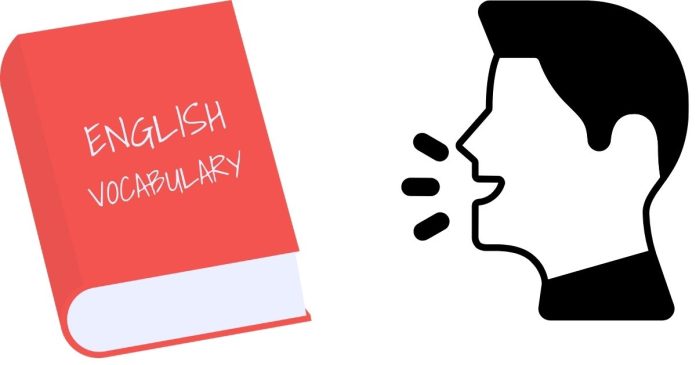The phrase “one day” functions as an adverbial phrase in a sentence, specifically modifying a verb, adjective, or another adverb to indicate when something happened, will happen, or could happen. Here’s a breakdown of its parts:
- “One” is a numeral or pronoun, referring to a specific, singular day.
- “Day” is a noun, referring to a 24-hour period of time.
Together, the phrase “one day” is commonly used to describe a future or indefinite time, often conveying the sense of an event happening at some point in the future or in the past.
Examples:
- As an adverbial phrase:
- “I hope one day I will travel the world.”
(“One day” tells us when the action of traveling might happen—at some unspecified time in the future.)
- “I hope one day I will travel the world.”
- In storytelling:
- “One day, the hero found the treasure.”
(“One day” sets the time frame for when the action occurred—suggesting a vague or distant point in the past.)
- “One day, the hero found the treasure.”
In these examples, “one day” modifies the verb (“hope,” “found”), answering the question “when?” or “at what point in time?”


